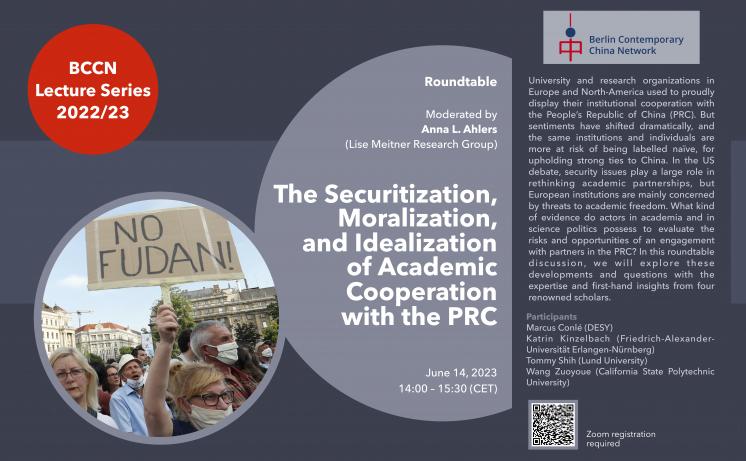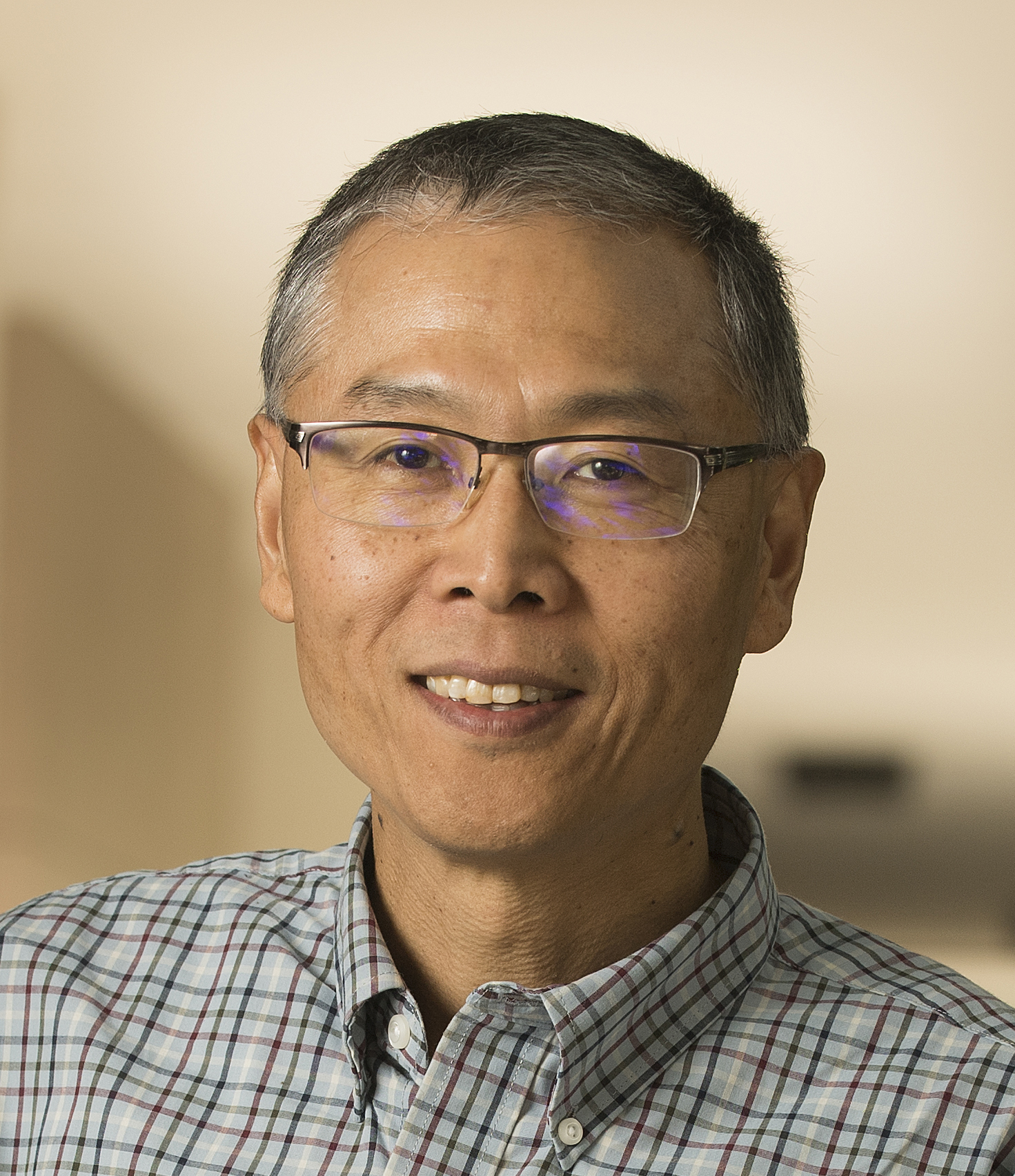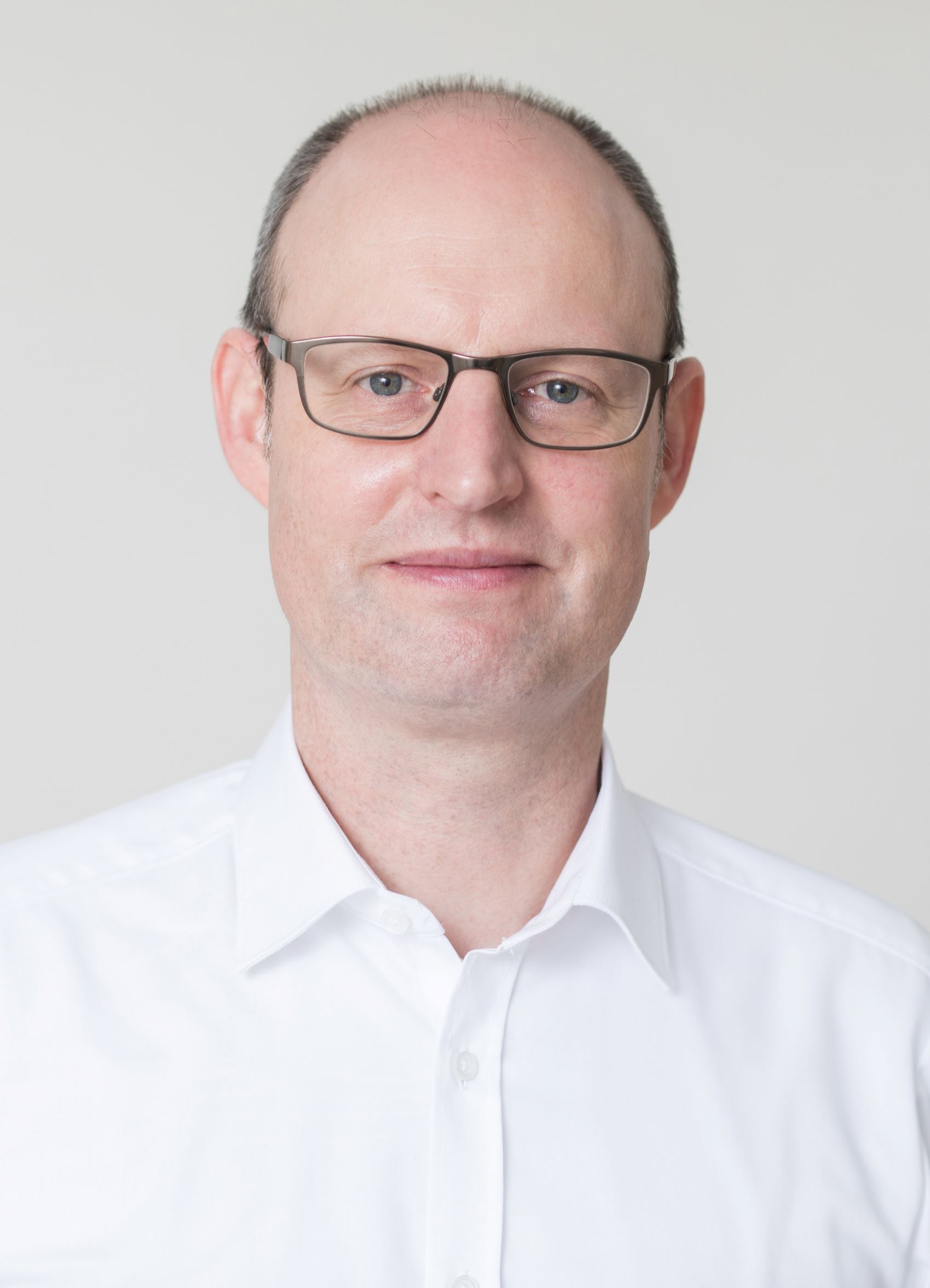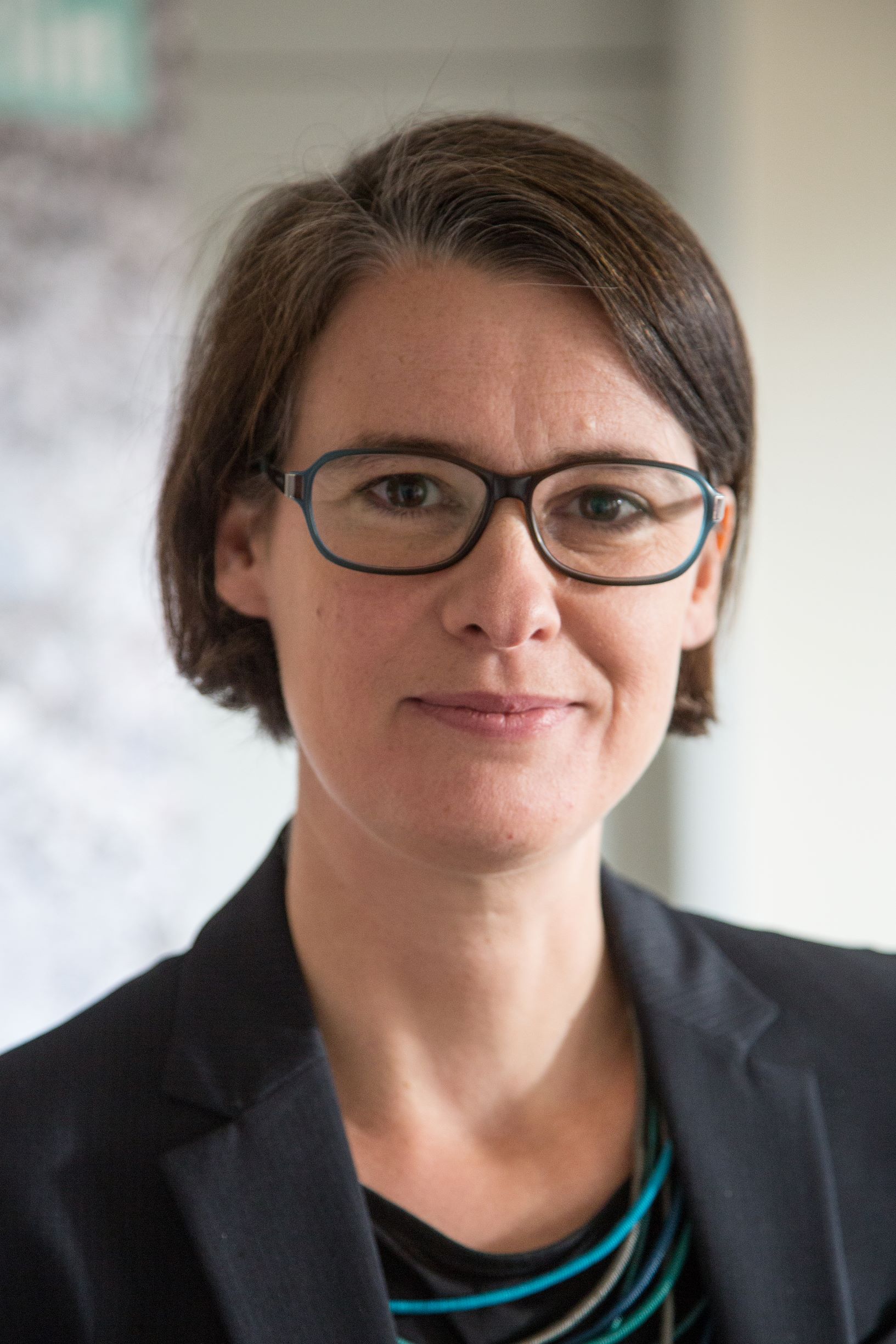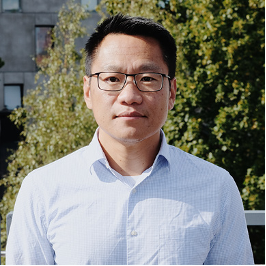Jun 14, 2023
Roundtable: The Securitization, Moralization, and Idealization of Academic Cooperation with the PRC
- 14:00 to 15:30
- Roundtable
- Lise Meitner Research Group
- Several Speakers
- Zuoyue Wang
- Marcus Conlé
- Katrin Kinzelbach
- Tommy Shih
A few years ago, university and research organizations in Europe and North-America proudly displayed their academic relations and institutional cooperation with the People’s Republic of China (PRC) as an asset and an achievement. Sentiments now, however, seem to have shifted dramatically, and the same institutions and individuals are more at risk of being labelled naïve, and in some cases unprincipled, in public discourse, for upholding strong ties to China. While in the US debate, security issues play the biggest role in rethinking academic partnerships and research cooperation, in Europe, institutions are so far mainly concerned by threats to academic freedom, it seems.
What caused these shifts? What different perspectives are there in the debate? What kind of evidence do actors in academia and in science politics possess to evaluate the situation and gauge the risks and opportunities of an engagement with partners in the PRC? What recalibrations have already been tried? And is this now really a new phase in global science relations, or are these normal oscillations under the influence of geopolitical dynamics? In this roundtable discussion, we will explore these developments and questions with the expertise and first-hand insights from four renowned scholars and seek to identify nuances in what seems to be an otherwise increasingly polarized debate.
Biography
Contact and Registration
Please register at the following link:
https://zoom.us/j/91890610657?pwd=SVpxbkZWQ3ZrNlhIWHlQSnZXRzR2UT09
This event is part of the LMRG & BCCN Lecture Series "China—The New Science Superpower?" For further information about the series, specific sessions, or questions concerning registration, please contact office-ahlers@mpiwg-berlin.mpg.de.
About This Series
China’s push to become a leading science power is unprecedented in its speed, scope and, arguably, success. Reactions to China’s rise in global science are dichotomous: some anticipate that science made in China may come to dominate global academia while others deem it impossible to achieve scientific leadership under an authoritarian regime. A focus on rankings and statistics alone is apparently not enough to grasp the origins, characteristics, and the possible futures of China as a science superpower.
This monthly lecture series will bring together fresh empirical insights and intriguing theoretical reflections about the development of the science system in the People’s Republic of China and its global integration. Representing a variety of social science perspectives, our guest speakers will explore the evolution of Chinese science policy, interactions of societal norms and values and academia in the PRC, factors that enable or constrain scientific innovation, the global reception of scientific output and investment from China, the securitization of international collaboration, and much more.
